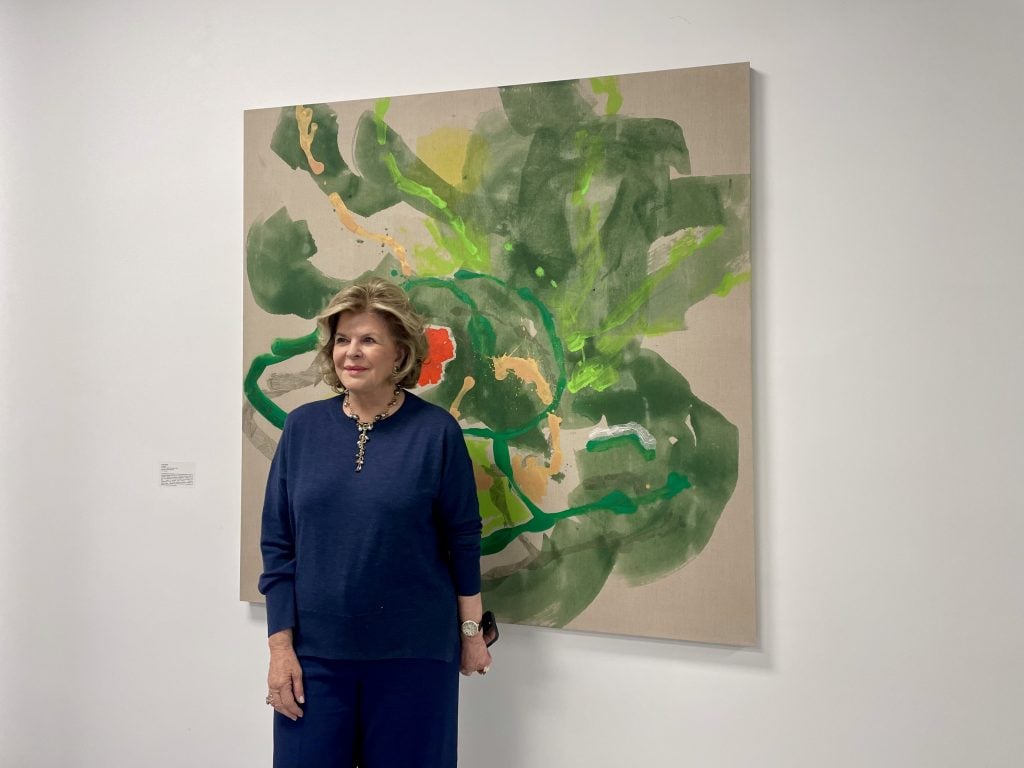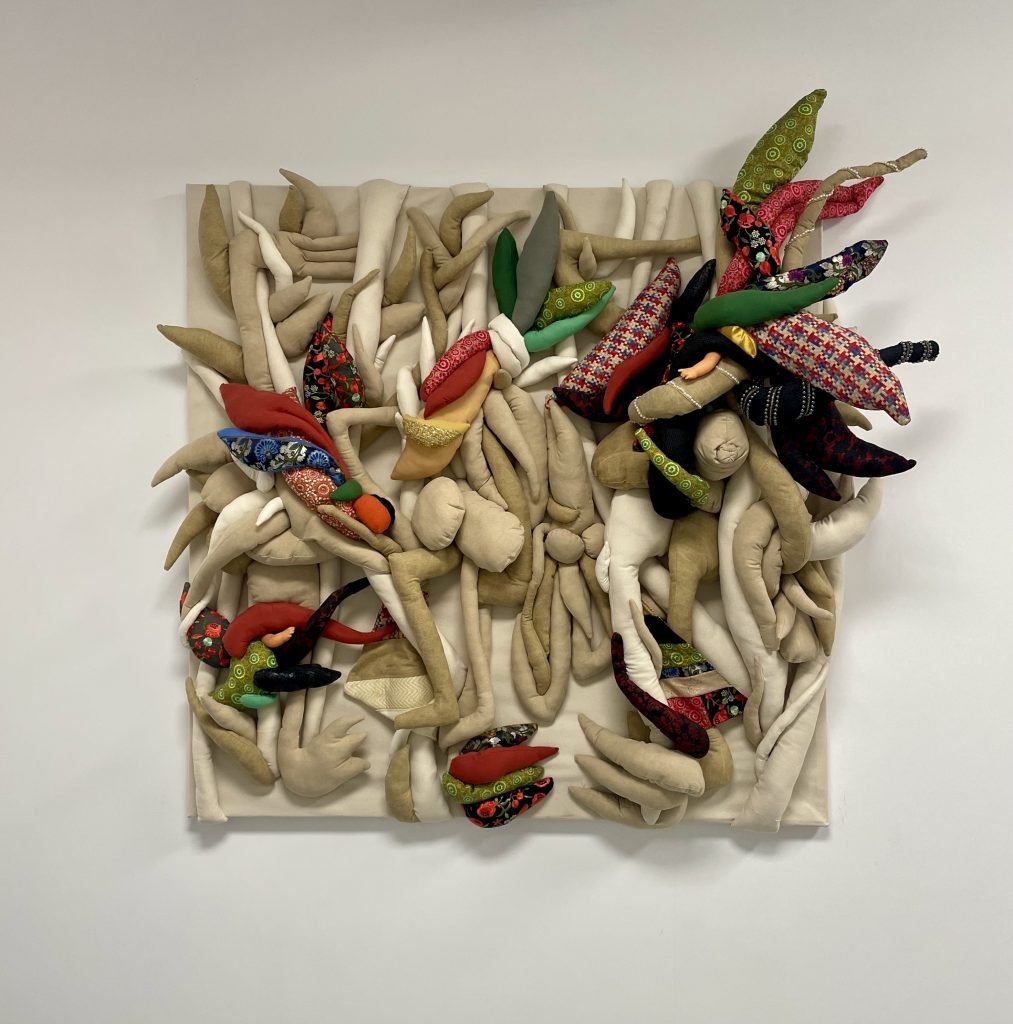People
Mega Collector Ella Fontanals-Cisneros Adds Novelist to Her Resume
The highly accomplished collector's debut novel is an autobiographical tale about a woman growing up in Cuba.

The highly accomplished collector's debut novel is an autobiographical tale about a woman growing up in Cuba.

Vivienne Chow

This weekend, Ella Fontanals-Cisneros, the Cuban-born philanthropist and prominent art collector has another title added to her long list of accomplishment: novelist.
Titled Ella soy yo, the book written by Fontanals-Cisneros in Spanish will be launched this weekend in the Madrid, where she bought her first property nearly two decades ago, coinciding with the 43rd edition of Arco Madrid. “This is very interesting because everybody thinks the book is about, you know, art, and it’s not. It’s a novel,” the 80-year-old said.
“It’s based on my experience in Latin America, what a woman went through in all these years in order to make a step in business and many ways in society,” noted the collector who has Spanish heritage and was raised in Venezuela.
The book also includes touches on her native Cuba, “there were many things in Cuba that I personally didn’t go through” Fontanals-Cisneros said, “But I knew it happened. So I wanted to make this a full explanation of many things that happened during those years. It’s going to be biographic, emotions about my experiences through art.”
Fontanals-Cisneros is one of the collectors who has welcomed visitors attending Arco Madrid at her private collection in a space located in the city center. The space does not open to the public, and it is only showing a fraction of her trove of 3,000 artworks. The majority of her collection is in her house in Miami, Florida, she said, noting that she divides her time among locales including Miami, Madrid, and Dominican Republic.

This walled work by Elio Rodriguez is among the latest addition to the collection of the Cuban-born collector Ella Fontanals-Cisneros. Photo: Vivienne Chow.
Fontanals-Cisneros began collecting Latin American art in the 1970s. Recalling her collecting journey, she said her taste has changed, from being drawn to Surrealism in the 1980s, and gravitating toward abstraction and photography later on. She’s still actively collecting, already setting her eyes on some works featured at Arco Madrid.
“Collecting has been a process for me. The processes were much more important than having an actual piece of art,” she said.
The collecting scene in Spain has changed a lot over the past four decades since she began going to the country, observed Fontanals-Cisneros. At the beginning, collectors appeared to be quite random with the art they collect, she noted, assembling pieces without a coherent thread. “They had something from the 17th century and then something very contemporary. Now what I’ve seen is that people are getting more organized. There are interested in having a line to follow,” she noted.
Having built an important collection, loaned works to major international museums, and now writing a novel, there’s still one thing that Fontanals-Cisneros hopes to achieve: finding a good home for her collection in the public sphere. She rejected the idea of building her own museum, as that will involve too much time and energy.
At one point, she signed an agreement with the Spanish government and even identified a former cigar factory building as a potential site. But it wasn’t meant to be.
“They left the government. The socialists came in, and it never got done,” the collector noted. “Maybe there will be another chance.”